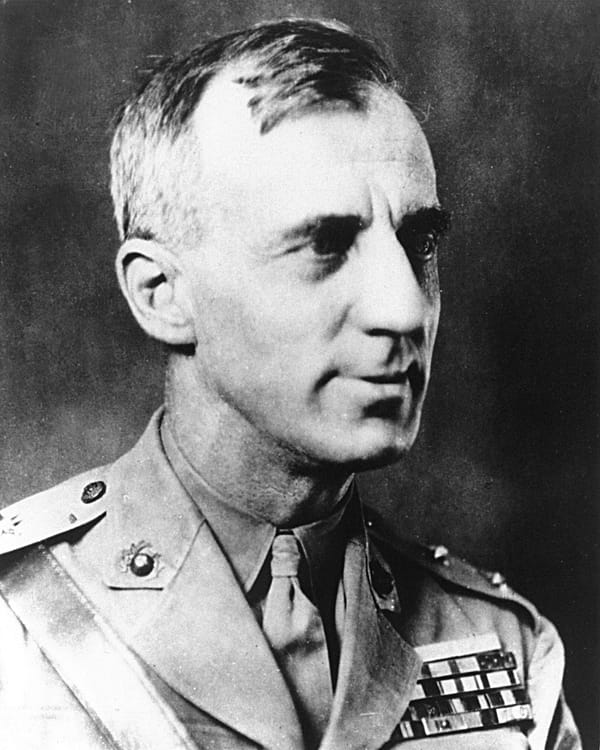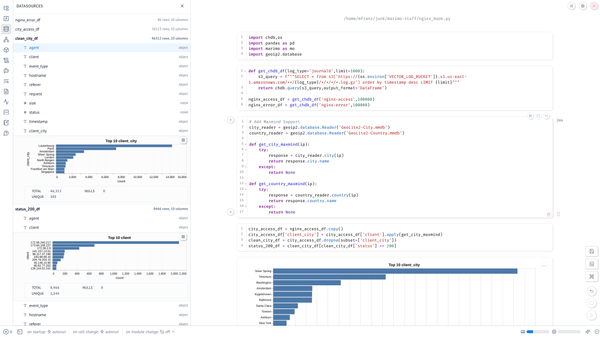Last 2017 Book List
History
History
The Most Dangerous Enemy: A History of the Battle of Britain. Stephen Bungay. This is a new-ish (in 2010s) history of this famous battle that I read about as a child. Although the technical details of dogfights and combat aviation tactics were interesting, what I found the most applicable were the systemic operational and organizational challenges that plagued the Luftwaffe: poor communication, politics, hero-worship, and other vulnerabilities that allowed the British to win — aided by a more successful strategy and their radar and air defense command-and-control. Hope to finish this before the end of 2017.
Churchill and Orwell: The Fight for Freedom. Thomas E. Ricks — just finished this last night. When a young adult I read lots of Orwell, above and beyond the normal High School reading list of 1984 and Animal Farm but this rounded out some of the biographical details of this critical 20th century writer that is even more relevant now the Trump “post-Truth” era. The story of Churchill’s return to power (and relevance) in 1940 as well as he strategic insights were particularly interesting. I continue to be a fan of most of Tom’s books.
Management
Given I started interviewing in June and July and I ended up taking a new leadership role in September, it was time to hit the books again, to allow me to revisit basic principles and assumptions.
A Seat at the Table: IT Leadership in the Age of Agility. Mark Schwartz — given much of this is about traditional CIO-led organizations I see this as more of an anti-pattern and proving that operations and “IT-like” functions (including Security) need to be decentralized and distributed within product development organizations if they are to remain relevant for the business.
Crucial Conversations Tools for Talking When Stakes Are High, Second Edition. Kerry Patterson, Joseph Grenny, Ron McMillan, Al Switzler.
The First 90 Days, Updated and Expanded: Proven Strategies for Getting Up to Speed Faster and Smarter. Michael D. Watkins — highly recommend this for anyone that is starting a new leadership role or who has a new boss to get things on the right track. Fortunately, not too many surprises here but provided some nice frameworks for evaluating the state of your teams.
Radical Candor: Be a Kick-Ass Boss Without Losing Your Humanity. Kim Scott
First, Break All the Rules: What the World’s Greatest Managers Do Differently
Gallup Press, Jim Harter — what stands out here is the whole discussion of “talent” and that you should try to guide employees to align their talents toward roles where they fit and that some people can’t or will not train. Also provides some insights (which I hindsight I have followed) is that leaders should spend more time with the individuals that have the most potential to change the business. In other works focus on coaching your B+/A players to achieve even more vs. spending time on the B and C players.
Leadership Transformed: How Ordinary Managers Become Extraordinary Leaders. Peter Fuda — some interesting case studies of how leaders changed themselves in common situations.
Technical
Docker Deep Dive: Updated October 2017. Nigel Poulton — for the price (less than $10) this provides a surprisingly nice reference on Docker internals that I bet most people who use Docker CLI at a superficial level don’t know or only find out the hard way.
Building Evolutionary Architectures: Support Constant Change. Neal Ford, Rebecca Parsons, Patrick Kua — only made it a couple of chapters before getting bogged down into the bit on fitness functions.
Agile Application Security: Enabling Security in a Continuous Delivery Pipeline. Laura Bell, Michael Brunton-Spall, Rich Smith, Jim Bird
The Packer Book. James Turnbull, Sid Orlando — I already had these books on Docker and Terraform so why not complete the set.



